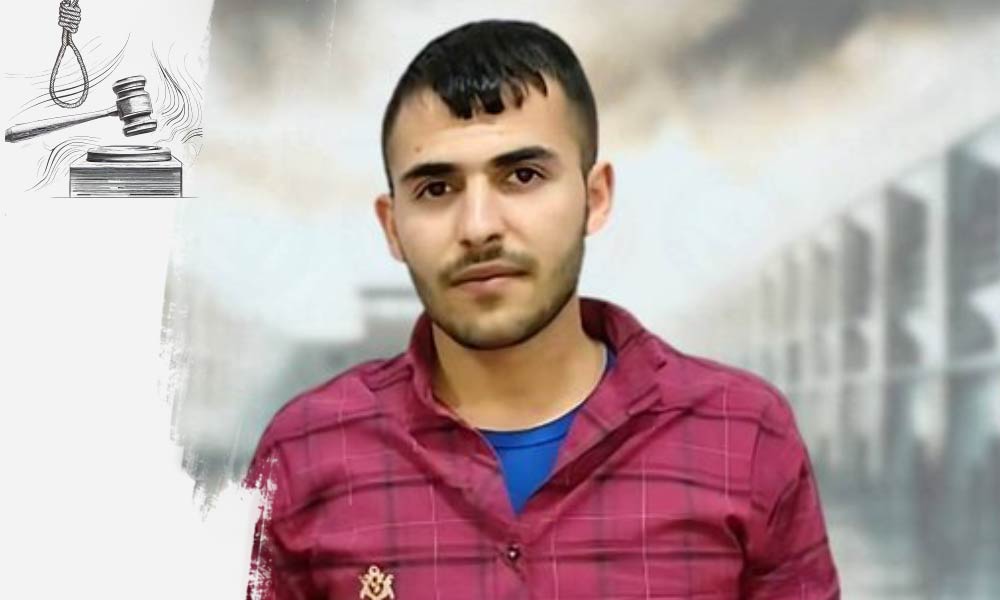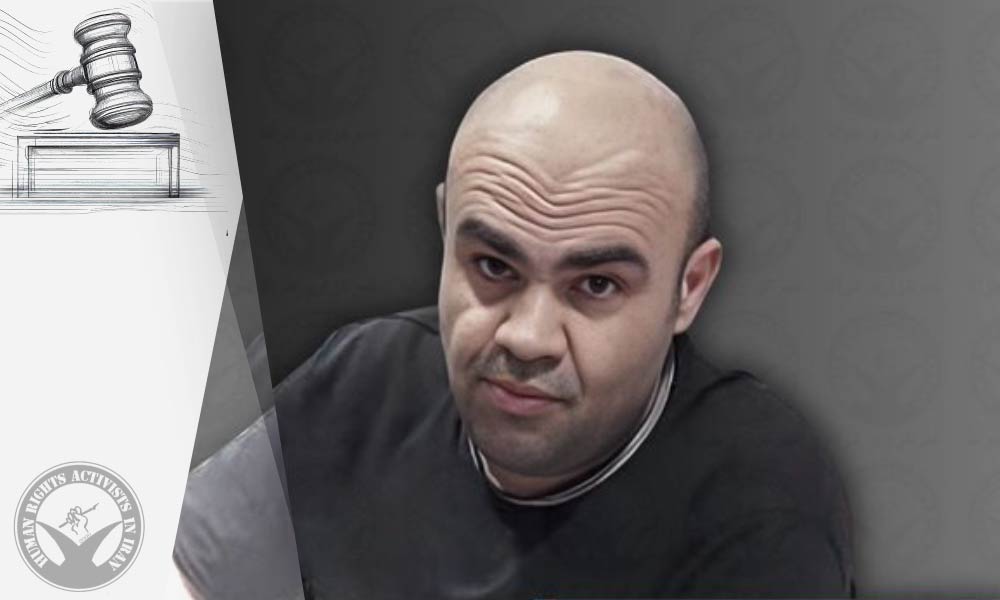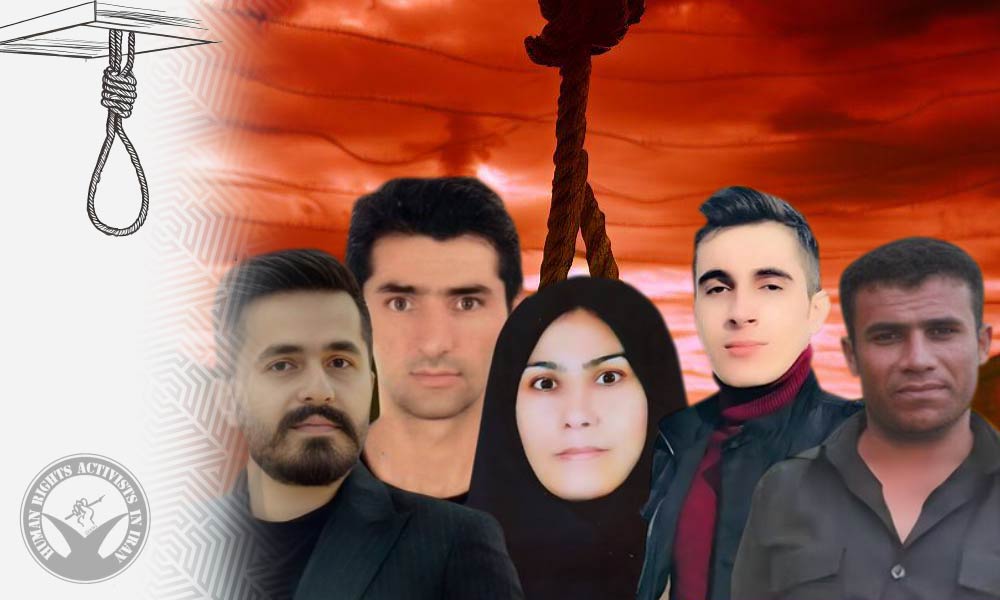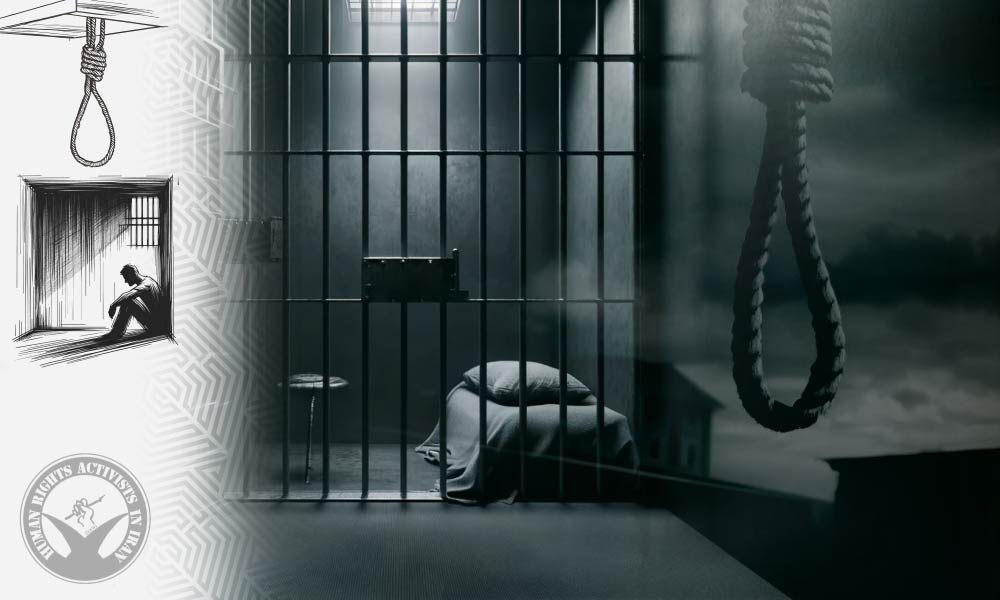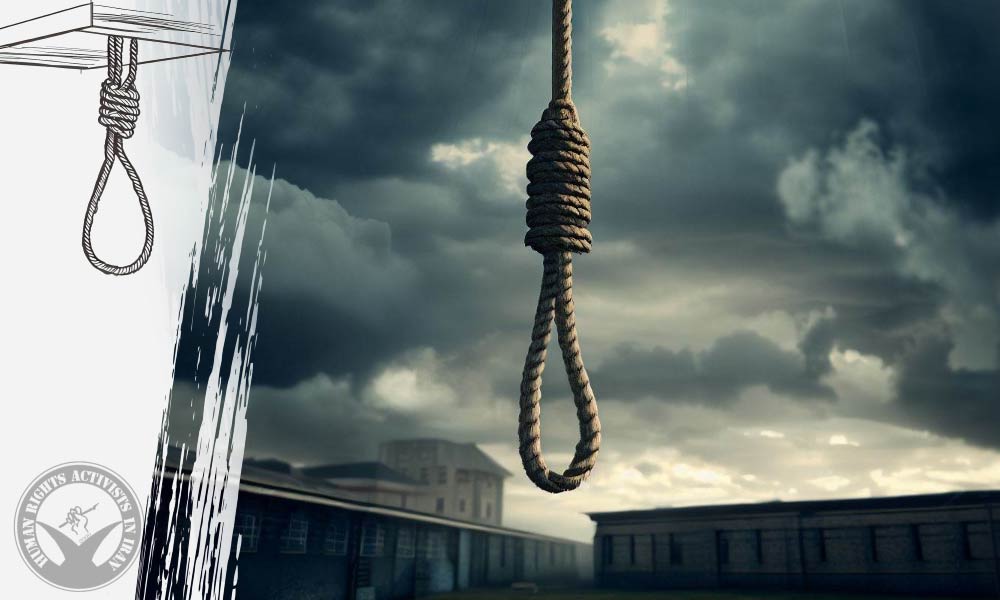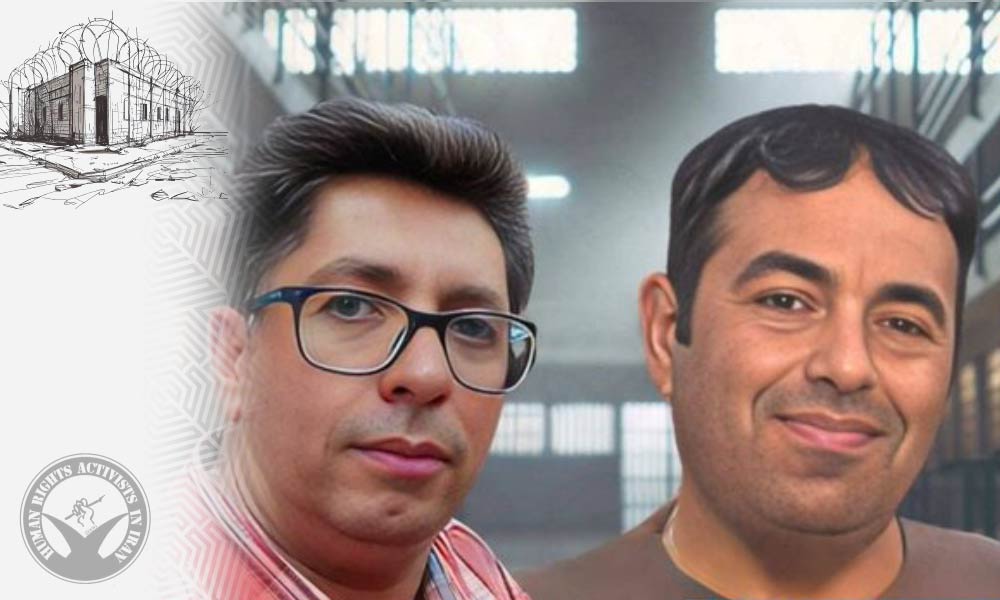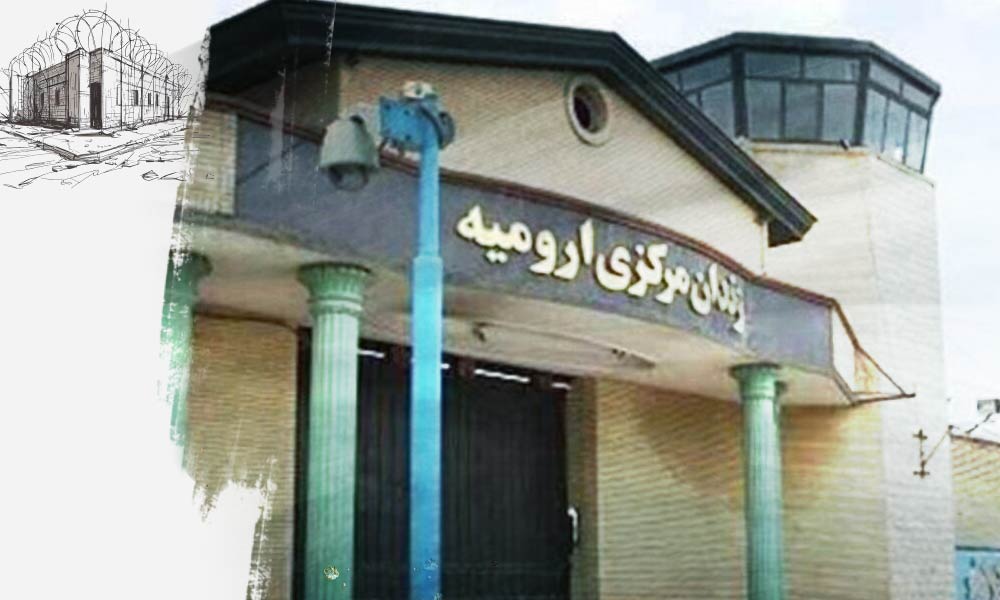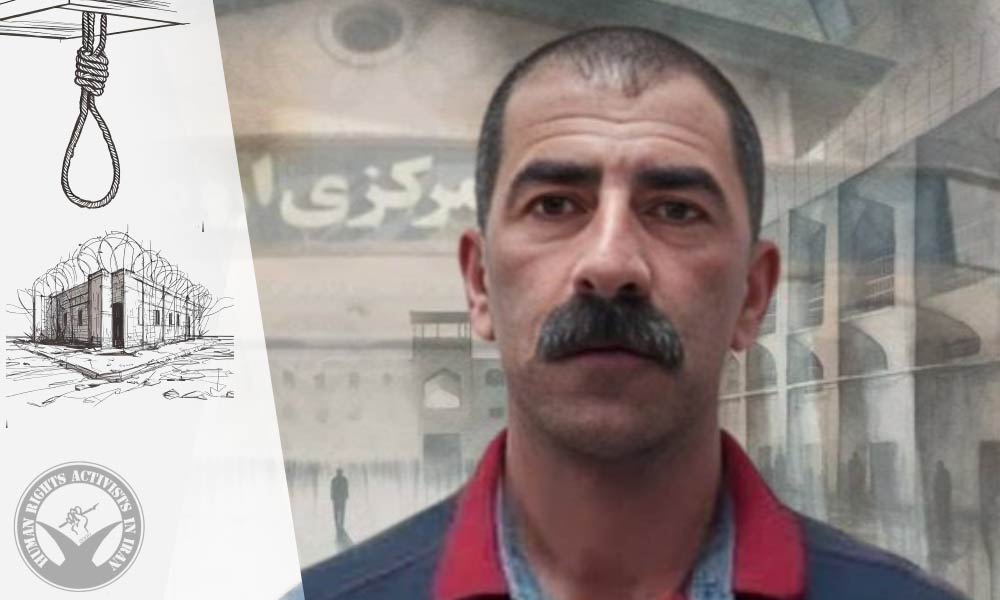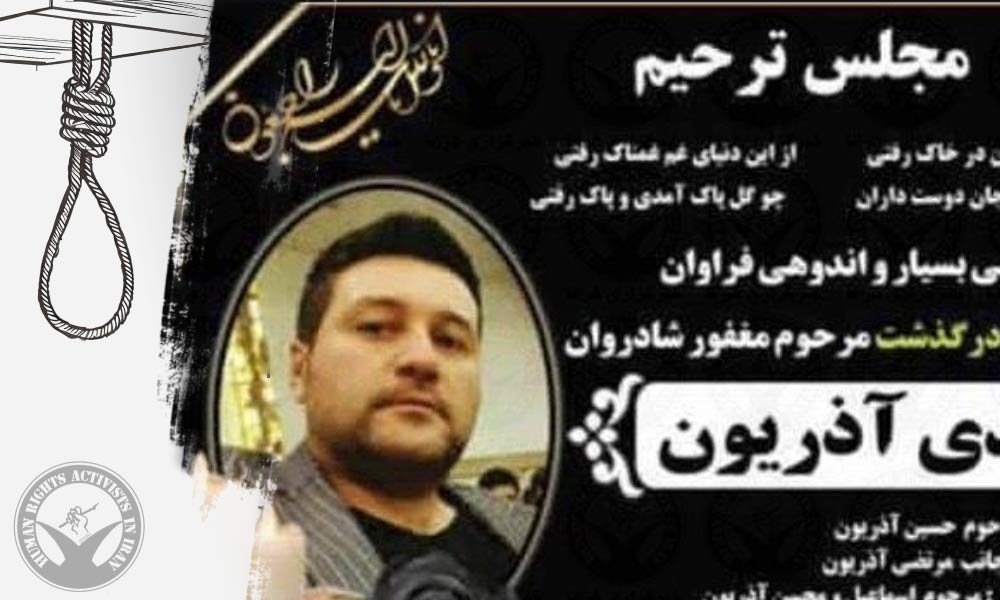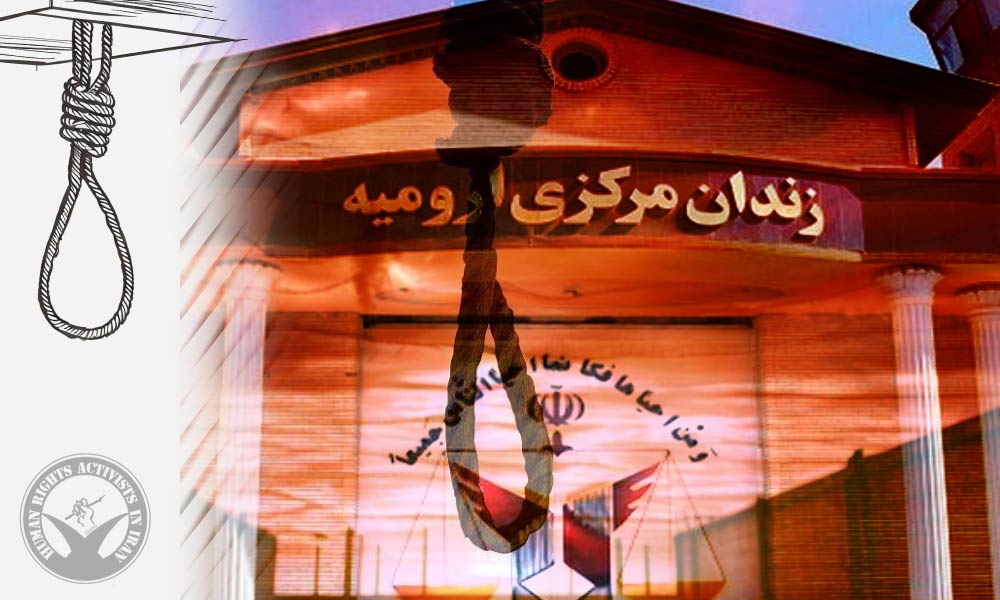The Revolutionary Court in Urmia has once again sentenced Turkish national Hatem Ozdemir to death for “enmity against God (Moharebeh)” after his initial death sentence was overturned by the Supreme Court.
The verdict was delivered by Branch 3 of the Urmia Revolutionary Court and communicated to Ozdemir on May 19, 2024, who is currently detained in Urmia Prison.
Ozdemir was arrested by security forces in early summer 2019 in Maku City. After two months of interrogation in a detention center, he was transferred to Urmia Prison. He was briefly moved to another detention center on September 19, 2019, before being returned to Urmia Prison.
Originally in March 2022, the Revolutionary Court in Khoy, under Judge Najafzadeh, convicted Ozdemir of “armed rebellion (Baghi).” However, this sentence was overturned by the Supreme Court, leading to a retrial in a different branch.



